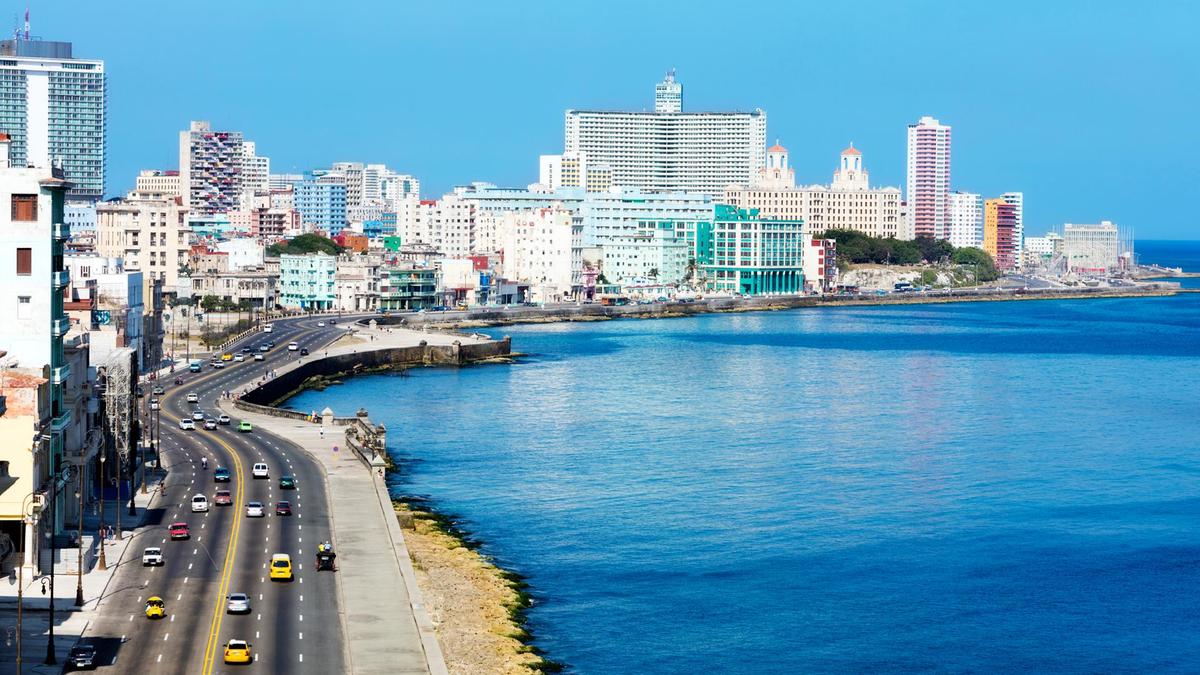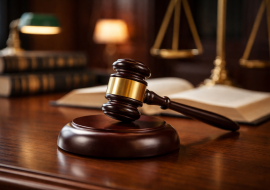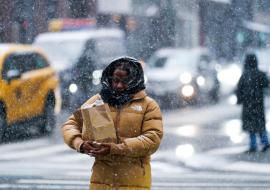Cuba Trips for Americans Might Be Round the Corner... Again

The Biden administration says it will lift some of Trump’s restrictions on business and travel between the U.S. and Cuba, and renew diplomatic talks, the Los Angeles Times reports.
The Biden government will remove harsh Trump restrictions that most directly harmed civilian Cubans, administration officials said. First of those are the limits on the amount of remittances that Cuban Americans can send to their relatives on the island. The administration will also restore some of the wiring services, including Western Union, that are used to transmit the money and that the previous government blocked.
Biden’s team also intends to allow more travel between the countries, people familiar with the plans said. U.S.-origin flights to various Cuban cities were opened under Obama, along with a large cruise ship itinerary. But those mostly shut down under Trump.
Cuban President Miguel Diaz-Canel has said he welcomes dialogue with Washington, but without preconditions.
Biden may also rebuild the staff at the U.S. diplomatic mission in Havana, which sank to a skeleton crew under Trump, and resume issuing visas to Cuban nationals.
Since Biden assumed office, his aides have become more circumspect about the plans for Cuba, repeating publicly that the policy is “under review.”
However, Juan Gonzalez, an Obama administration alum who is now head of Western Hemisphere affairs for Biden’s National Security Council, last week confirmed broad strokes of the new policy.
Biden’s “commitment on Cuba is to lift the limitations on remittances and make possible the travel of Americans to the island,” he said in Spanish to Spanish-language news channel Univision.
The previous administration “only penalized Cuban Americans and the Cuban people in the middle of a pandemic” by making it difficult for them to receive money from relatives,” Gonzalez said.
Two other people who have participated in talks about Cuba with members of the administration confirmed the steps.

Obama’s opening with Cuba, announced in 2014, came in his second term, when he no longer had to worry about reelection and after the critical and traditionally Republican Florida vote in the 2012 contest had moved into his camp.
He reestablished the U.S. Embassy in Havana, made the first trip there of an American president in 90 years, and oversaw the revival of numerous bilateral operations, like the interdiction of drug traffickers.
Biden, by contrast, must confront the issue early in his first term, when not only are Florida Republicans including Sen. Marco Rubio arrayed against him, but Democratic Sen. Robert Menendez of New Jersey, a hawk on Cuba, is ascending to the powerful chairmanship of the Senate Foreign Relations Committee.
Sen. Patrick J. Leahy (D-Vt.) has lobbied both Biden and Secretary of State Antony J. Blinken on reestablishing full ties with Cuba.
The most ardent Cuba advocates in Congress and elsewhere are reviving a campaign to end the 59-year-old U.S. embargo on Cuba, initiated by President Kennedy to isolate the island’s communist leadership. Obama, along with experts, historians and activists, long declared the embargo a failure — it never unseated revolutionary leader Fidel Castro or his successors — and it remains the sorest point Cubans cite in the troubled relationship with the United States.
“Our nation’s embargo on Cuba is an artifact from the 1960s,” Sen. Ron Wyden (D-Ore.), who chairs the Senate Finance Committee, said as he introduced a bill this month to repeal the sanctions. “To continue this outdated, harmful policy of isolation would be a failure of American leadership.”
Source: Los Angeles Times














